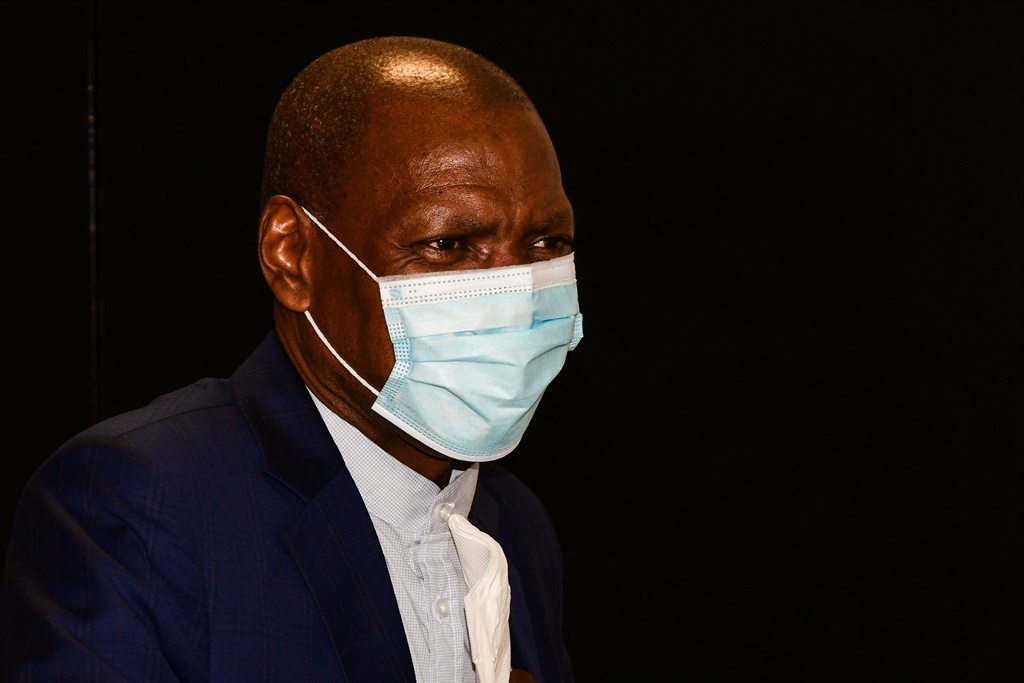


Health Minister Dr Zweli Mkhize.
Gallo Images/Darren Stewart.
- Health Minister Zweli Mkhize said the health department was still paying attention to leading killer diseases in the country like TB, diabetes, Aids, cardiovascular and cancer.
- He believes the hype about Covid-19 should not fool anyone into thinking other diseases, which are prevalent in South Africa, have subsided.
- Mkhize said because Covid-19 was new and spreading devastatingly fast, having infected more than seven million across the globe, it was getting more attention.
While Covid-19 is the most talked about virus, TB and diabetes are silent killers that remain the leading causes of natural deaths in South Africa.
This was said by Health Minister Zweli Mkhize during a media briefing in East London on Friday.
He said because Covid-19 was new and spreading devastatingly fast, having infected more than seven million across the globe, it was getting more attention.
Mkhize added the hype about Covid-19 should not fool anyone into thinking other diseases, which are prevalent in South Africa, have subsided.
“We have many diseases that cause ill health and mortality more than Covid-19. It has become a problem because it’s a new disease that the human race is not accustomed to, that’s got no immunity against, no treatment.
READ | People living with HIV, TB at two to three fold higher risk of Covid-19 death
“Because it spreads very fast, is really the one that causes lots of concern. The fact that today the whole world has more than seven million people affected and that in South Africa every day our numbers are increasing, and the fact that it has actually increased mortality in a number of countries, is the reason why everybody is anxious about it.
“Tuberculosis has still got more people that it has killed, as well as diabetes and cardiovascular diseases but because we have been used to these diseases and got treatment for them and we can cope with them, it doesn’t appear as if they are big issues, actually they are,” he said.
According to non-profit think tank Copenhagen Consensus Centre, about 450 000 people developed TB in South Africa annually, with 270 000 of those also living with HIV. With 89 000 deaths every year, TB remains the leading cause of death in South Africa.
Motorcycle ambulances
Mkhize was speaking at the handing over of 100 motorcycle ambulances and 10 mobile clinics in East London on Friday. The ambulances are meant for the provincial Department of Health’s rural clinics.
He said:
By the time we get to the end of the year you will find that the number of people who died from Covid-19 will be less than the number of people who died from other diseases.
Zweli Mkhize, health minister
“That is the point I was making earlier that we will not lose focus on the need to attend to HIV, antiretroviral treatment, TB treatment, diabetes, cardiovascular diseases, cancers and mental health -all these are very important to us.”
He added there were many more causes of death that needed to be managed together with Covid-19. “It’s just that Covid-19 really occupies the mind of the global society and from that point of view we will always have a problem.
“We are focusing on everything and it is important that we keep a balance.”
The designer of the motorcycle ambulances, Brian Harmse, said the machines have an oxygen tank, masks, hospital-size stretcher bed and first aid kit. It can carry up to 170kg and can move at 60km/h to care for the patient.
Clinic
Describing the reason behind the idea, Harmse added: “A few years back, there was a picture taken in the former Transkei where a sick person was being pushed in a wheelbarrow to a clinic. This is the solution to that.”
Health MEC Sindiswa Gomba said: “These are not your ordinary scooters. They are specialised and have beds. We are introducing the use of scooters because for far too long our ambulances could not get to people in far-flung rural areas.
“Ours is a rural province and because of its terrain, we sometimes could not get to people who desperately need medical attention, especially when it rains. Not anymore.
“That will now be a thing of the past. With these scooters, we will be able to get to some of the most remote areas. We are ensuring that people in the hinterland also get an effective and efficient health-care service.”

